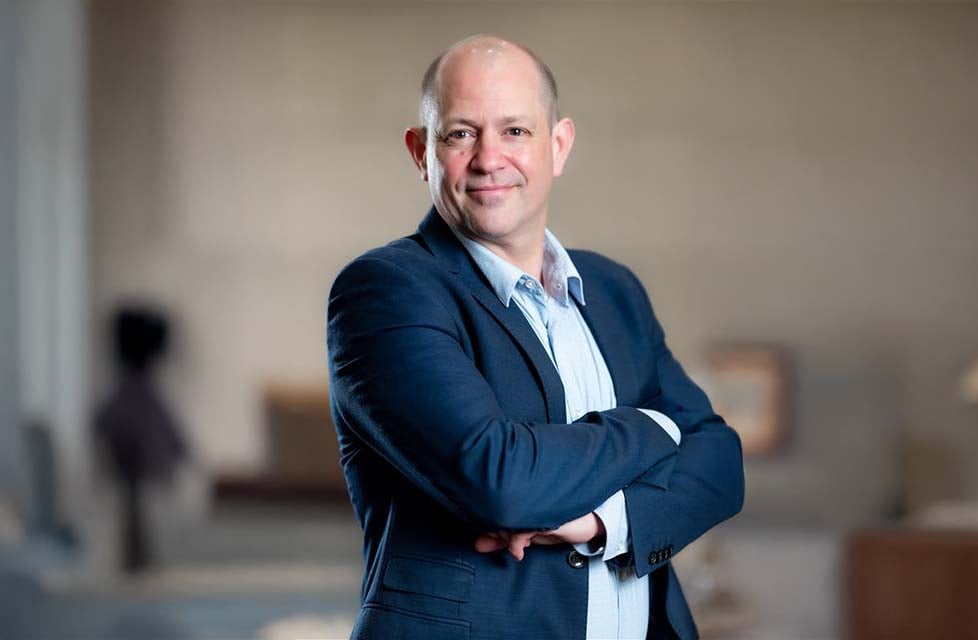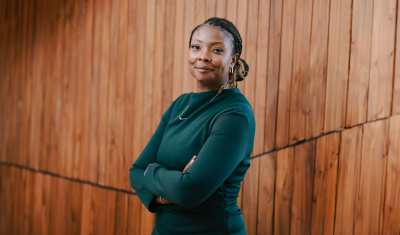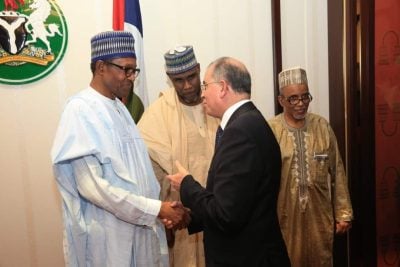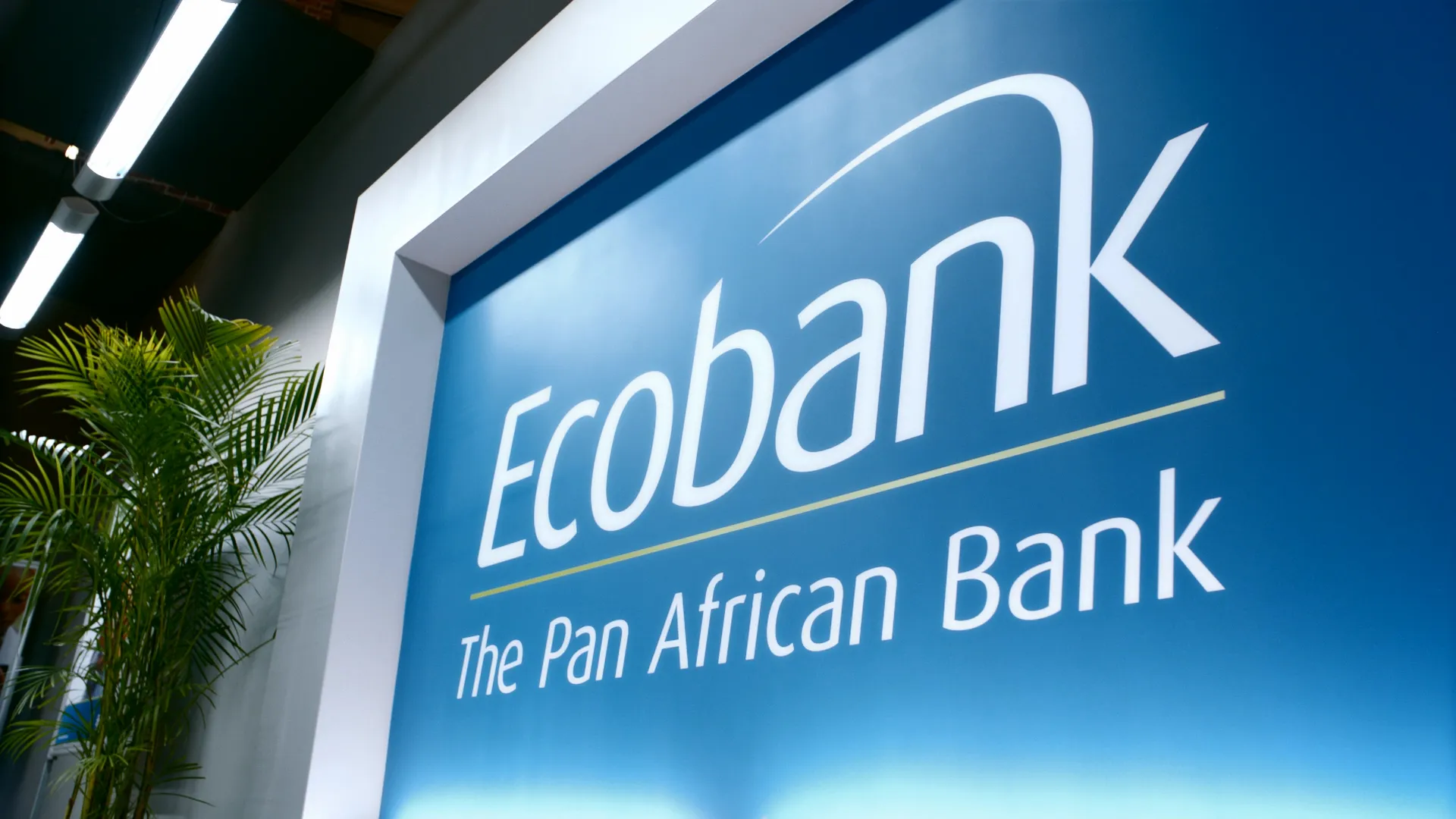Tom Beloe says a key UNDP strategy for unlocking and aligning finance with national development priorities is strengthening the systems that connect policy, institutions and investment.
“As a trusted partner with global reach and deep country presence,” he explains, “we help governments improve budget governance, expand fiscal space, and create the enabling conditions to attract capital.
“Between 2022 and 2024, every dollar received by the UNDP catalysed nearly $60 in additional SDG-aligned investments, totalling over $870bn. This includes $430bn in public budgets aligned through reforms, and $380bn in private finance channelled through stronger investment ecosystems and standards.
“In Africa, the UNDP is supporting over 30 countries with Integrated National Financing Frameworks (INFFs). Initiatives like the Africa Minigrids Programme are expanding solar energy and catalysing investment across 21 sub-Saharan countries.
“In Kenya, for example, €16.6m in blended finance is driving solar-powered cold storage for smallholder farmers. We’ve identified over 200 investment opportunities across 11 sectors, 130 of which support climate goals.”
Is Beloe optimistic that the Compromiso de Sevilla (Seville Commitment – a conference outcome commitment to action) will help mobilise the estimated $4.3trn needed to bridge the SDG financing gap?
“The Compromiso de Sevilla provides a foundation for aligning all sources of finance, public and private, with sustainable development and climate goals. It helps governments connect finance with climate, nature and development priorities.The UNDP is already working with over 100 countries to implement core elements of the Sevilla outcome – from public finance reforms and integrated financing strategies to partnerships unlocking private capital.”
However, given today’s geopolitical and economic challenges, what additional measures does he think it will be necessary for the UNDP to champion, to stimulate such a huge global development?
“In an increasingly fragmented world,” Beloe says, “the UNDP is focused on firstly, helping governments to strengthen public finance systems, expand fiscal space, and boost domestic revenue, such as through initiatives like Tax Inspectors Without Borders, which has mobilised $2.4bn in additional revenue.
“Secondly, by stimulating private capital mobilisation, we support countries in de-risking investment, building SDG-aligned pipelines, and leveraging new instruments, like thematic bonds and the upcoming ISO/UNDP Management System Standard, to expand access to private finance.
“And, through multilateral co-ordination such as platforms like Integrated National Financing Frameworks (INFFs) and regional initiatives like the Platform for Investment Support and Technical Assistance (PISTA), the UNDP fosters collaboration between governments, development finance institutions and investors.”
A governance challenge
Most people will know that poverty eradication and reducing inequality remain core UNDP goals. As Beloe says: “The UNDP’s work on finance is about delivering results for people by reducing poverty, expanding access and creating opportunity.
“Across Africa, we’re helping countries channel more finance into health, education, energy access and social protection. Through initiatives like gender-responsive budgeting and social spending reviews, governments are directing resources where they matter most.”
As an example, he says, “The Timbuktu Initiative is mobilising public and private capital to grow the African innovation ecosystem. By investing in youth-led start-ups and inclusive tech solutions, it is helping to create jobs, drive local development and align entrepreneurship with SDG priorities.”
The 2025 UNDP Human Development Report focuses on the promise – and risks – of AI. Beloe is confident that the UNDP is helping shape this future. “The report highlights that AI is not just a technological shift, it’s a governance challenge. UNDP is helping countries ensure their digital transitions are inclusive, ethical, and aligned with human development goals.
“This is a pivotal moment for development finance. The clock is ticking, and traditional approaches are not delivering the scale of change needed.
“The UNDP is advocating for a bold follow-through country-led financing strategy, including recognition of the Integrated National Financing Frameworks, to align all finance with national goals.”
These outcomes, he says, “will determine whether the world finances a more equitable, inclusive, resilient future or fails to meet this moment.”

 Sign in with Google
Sign in with Google 



